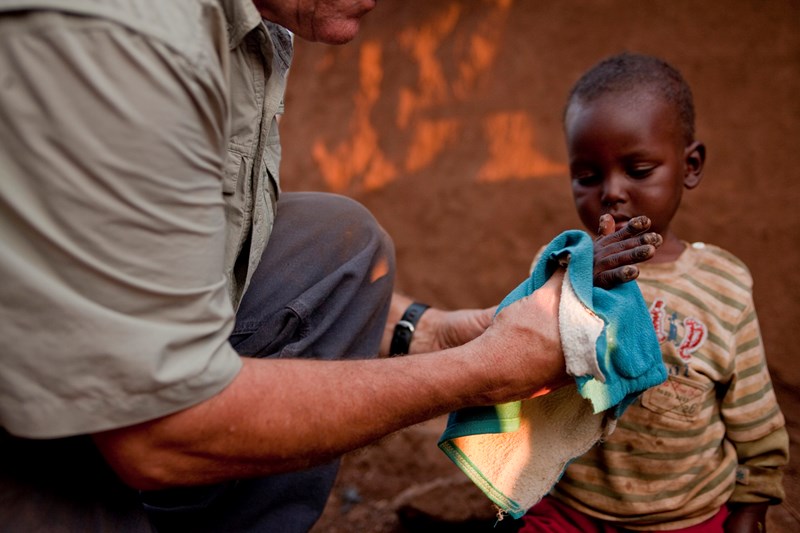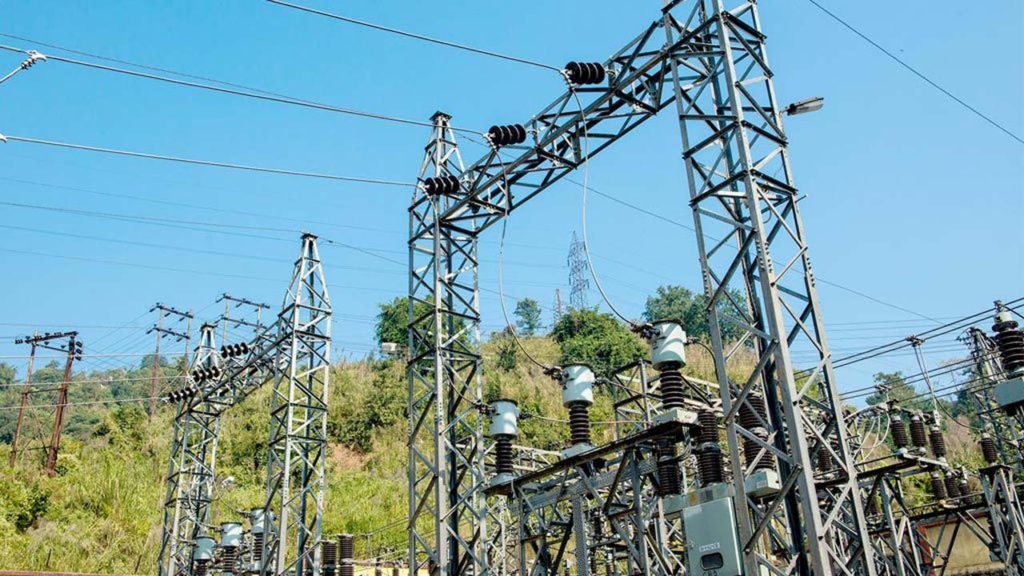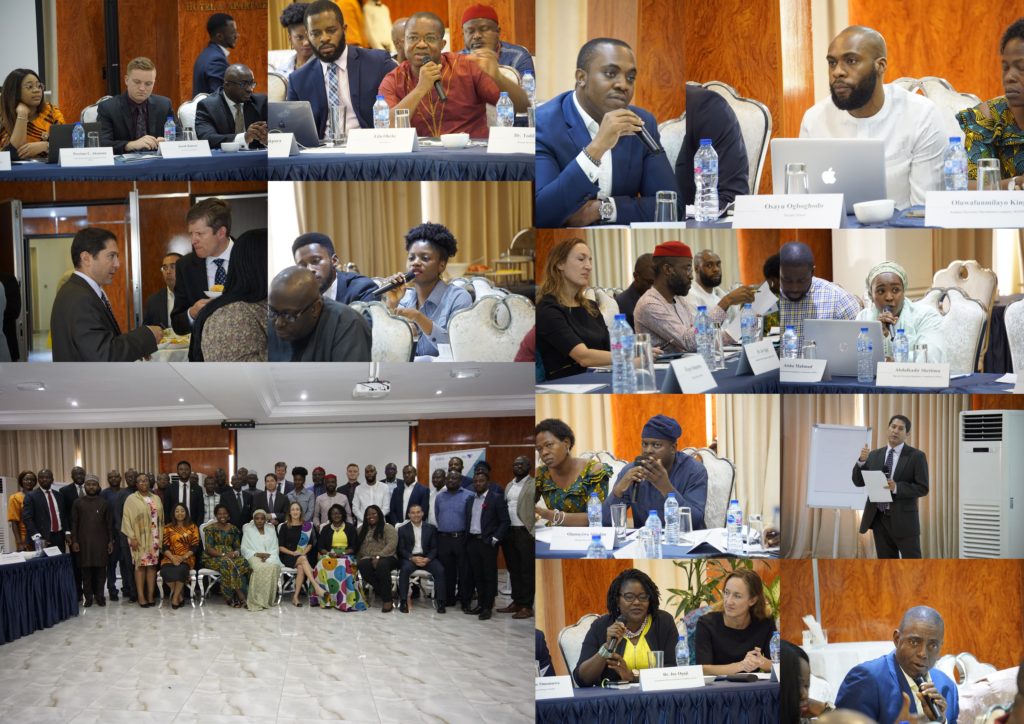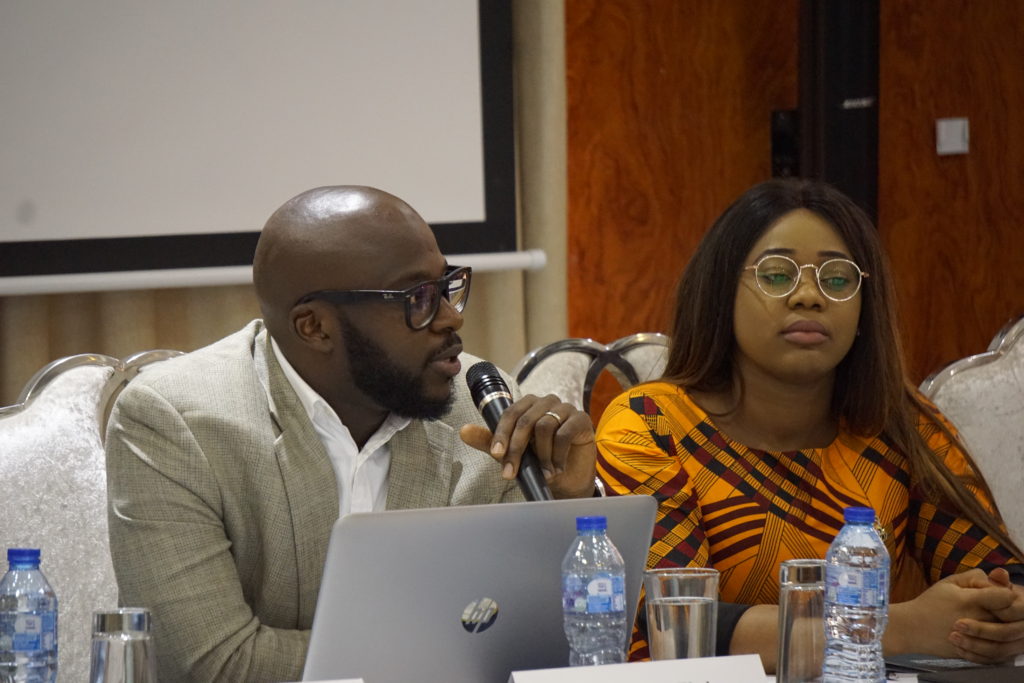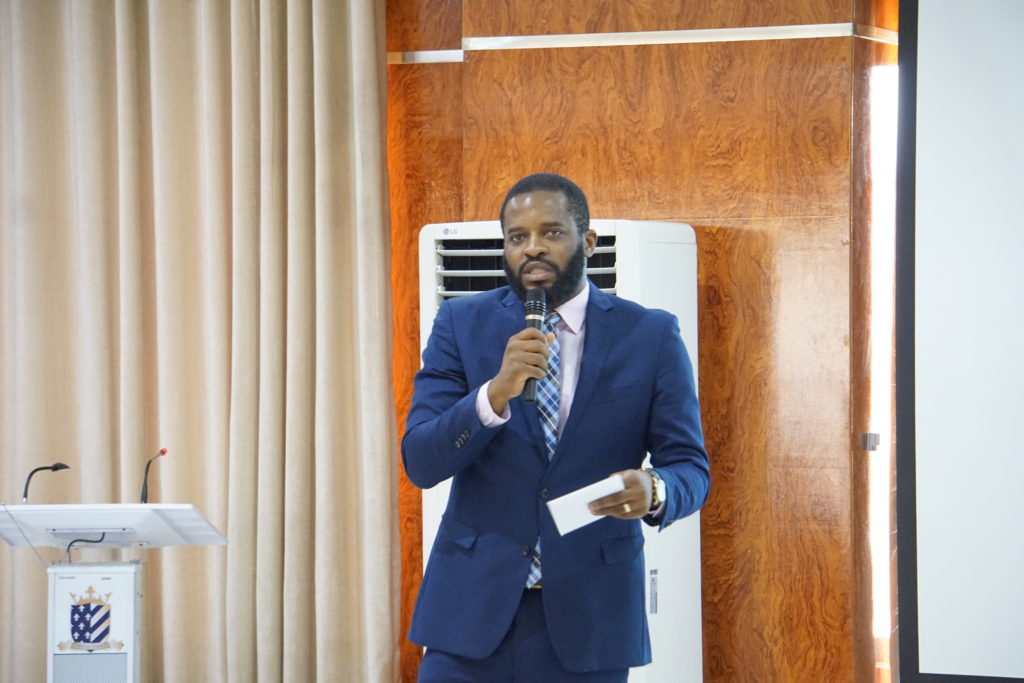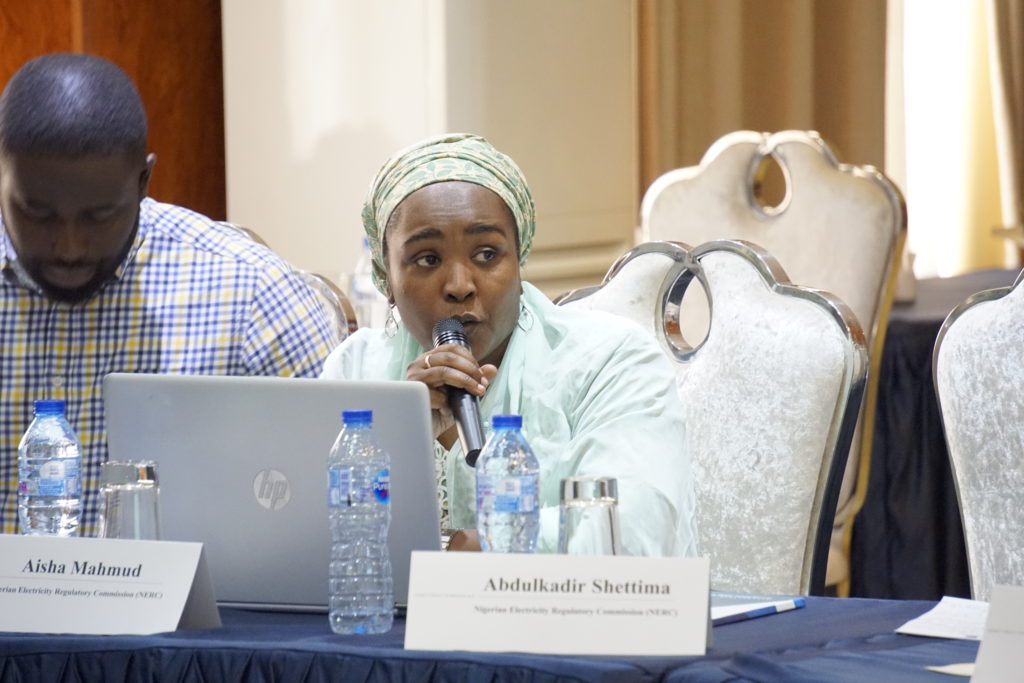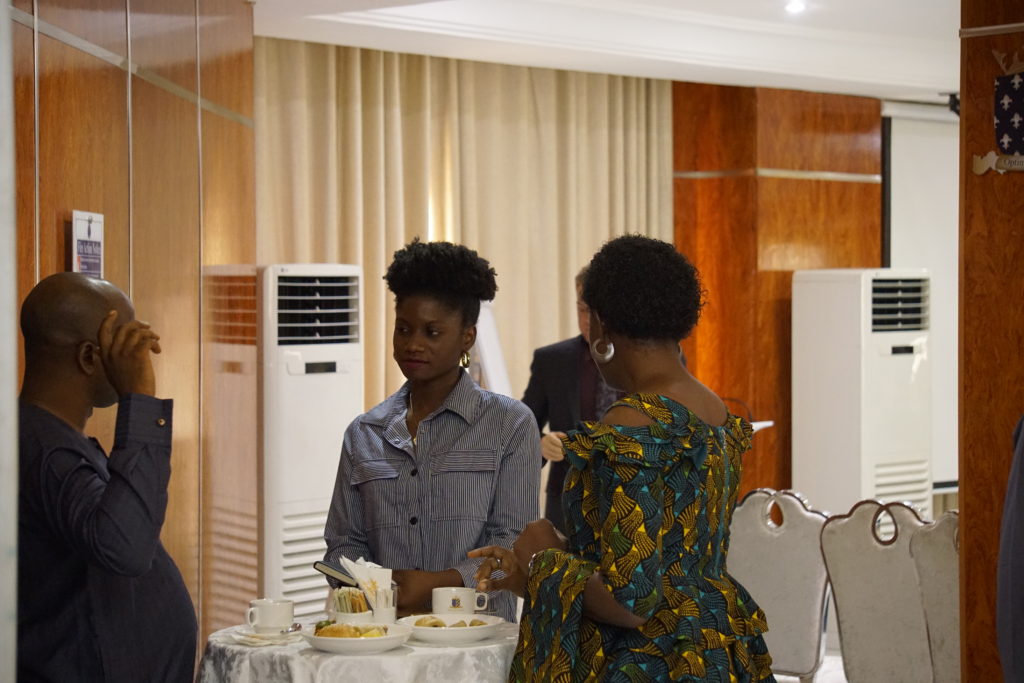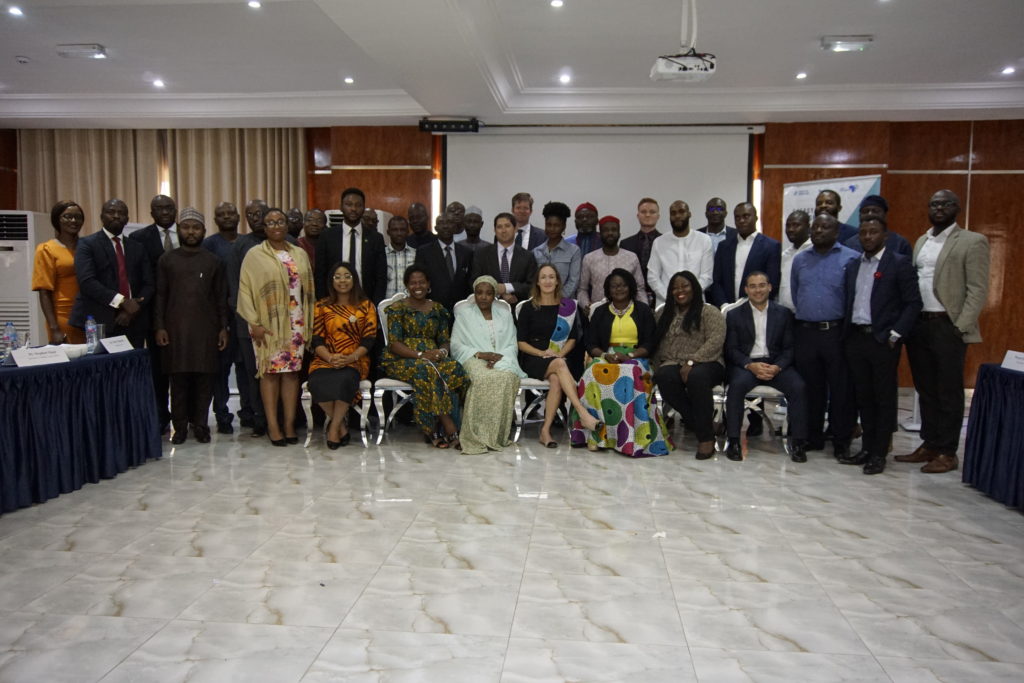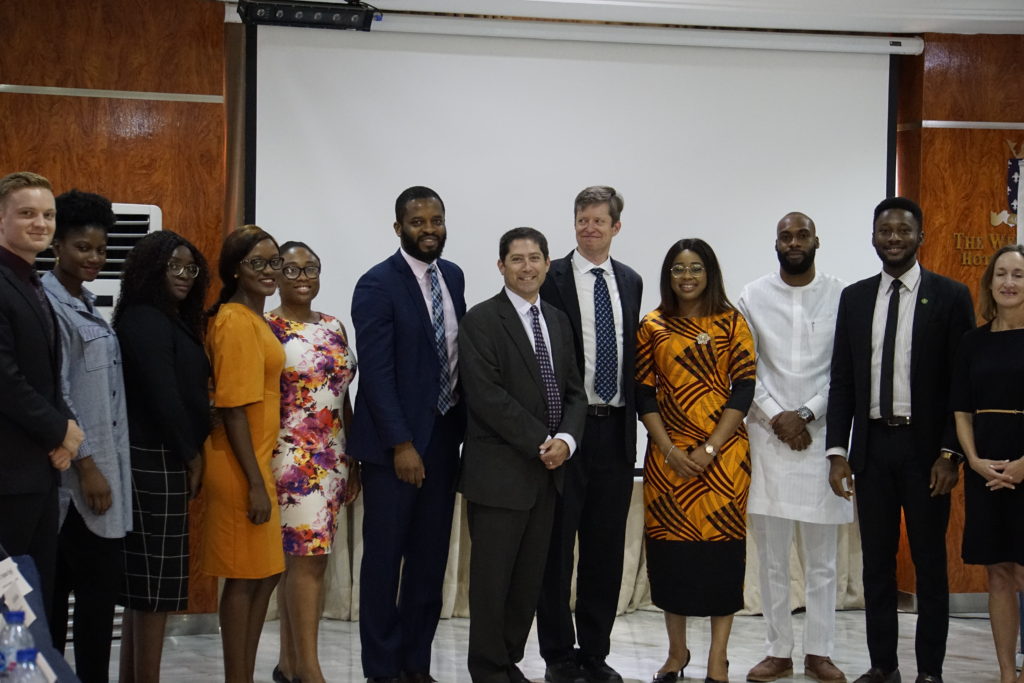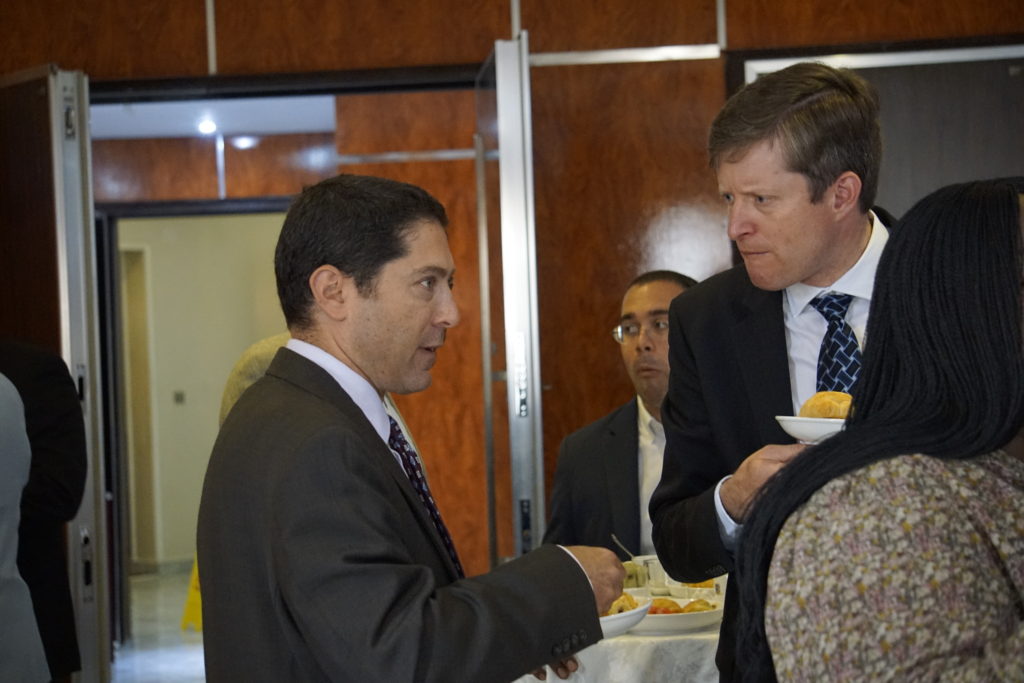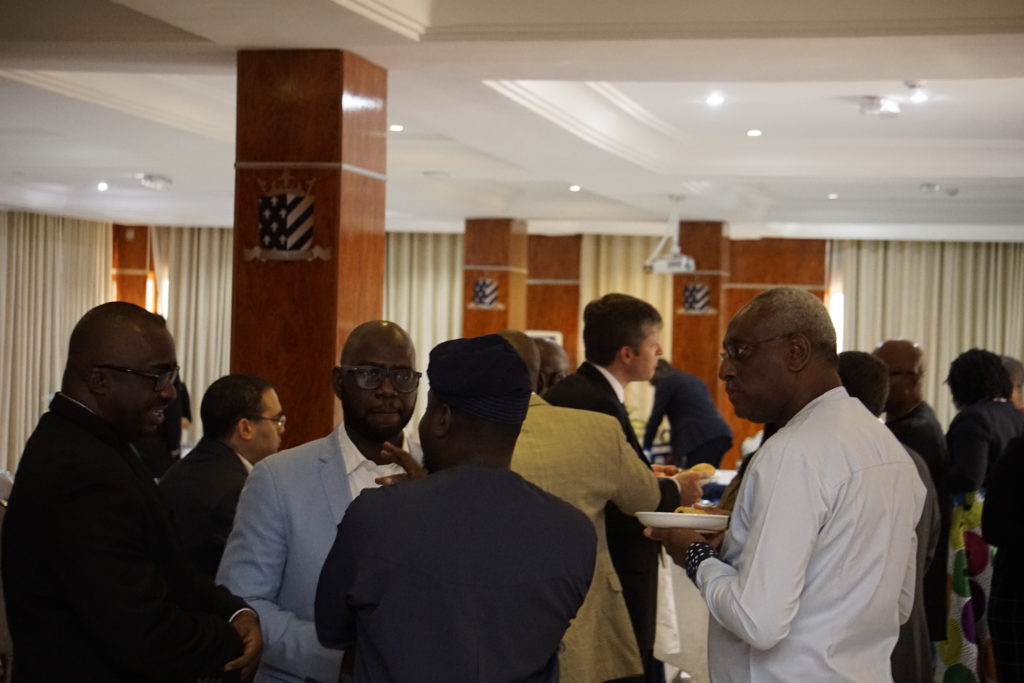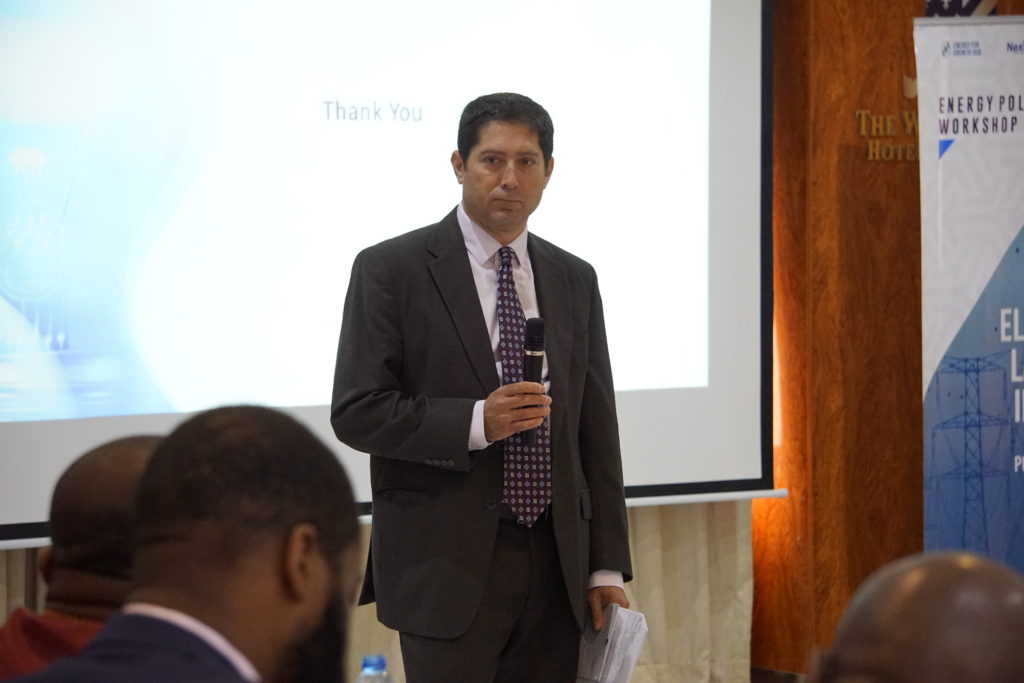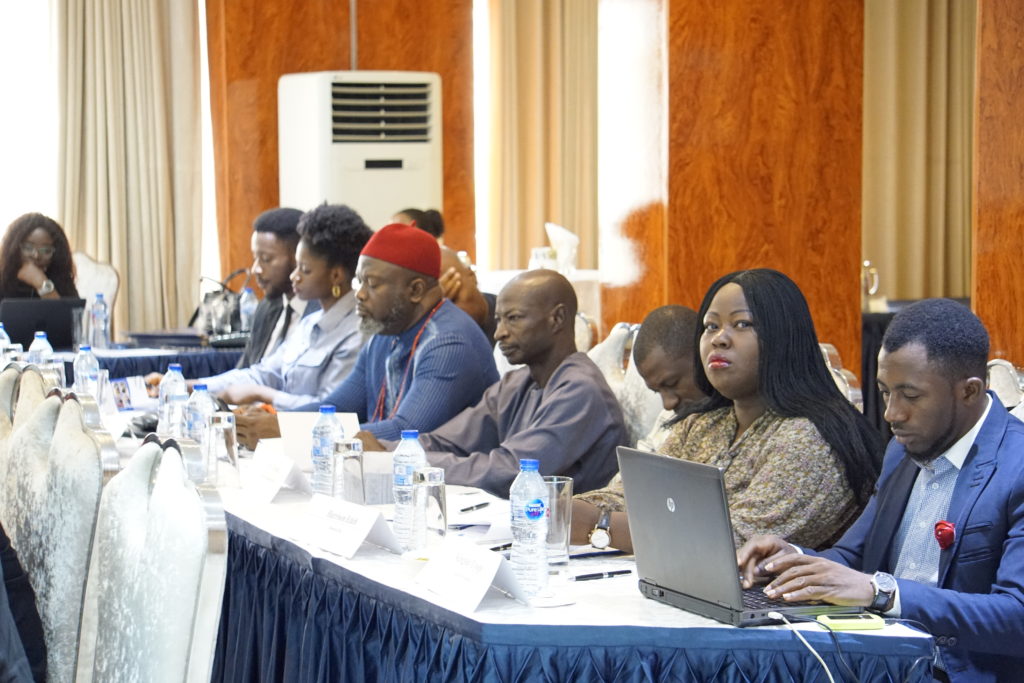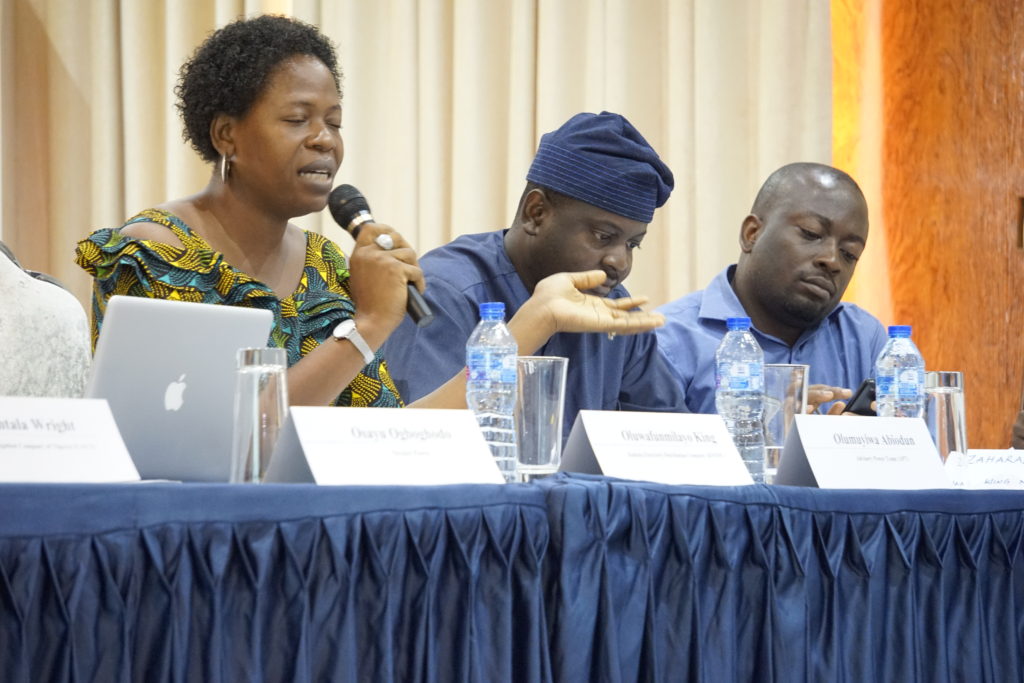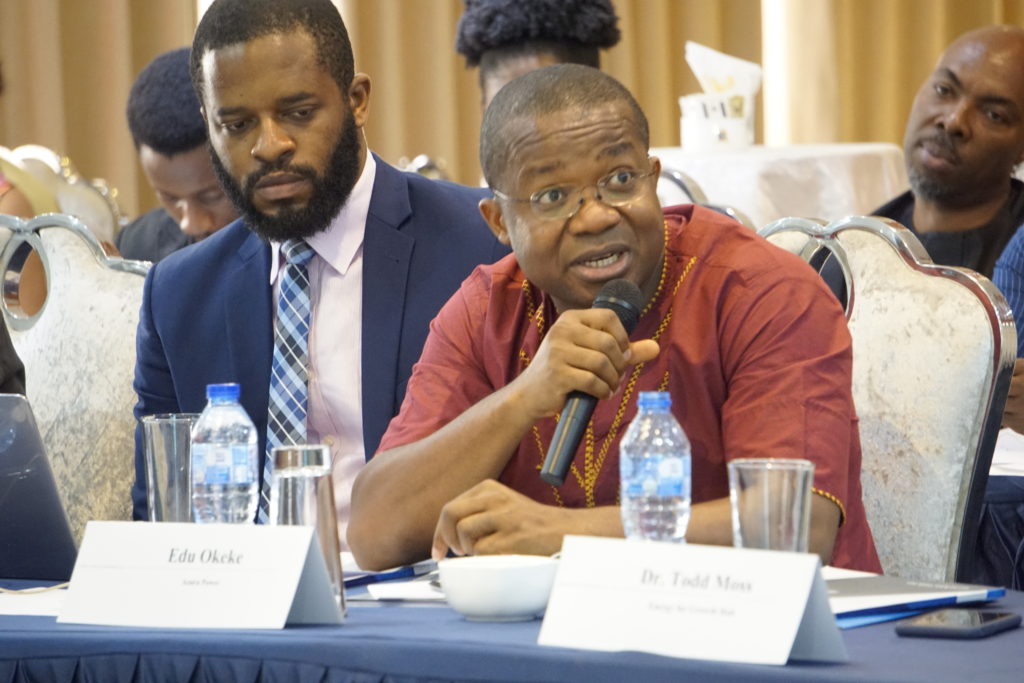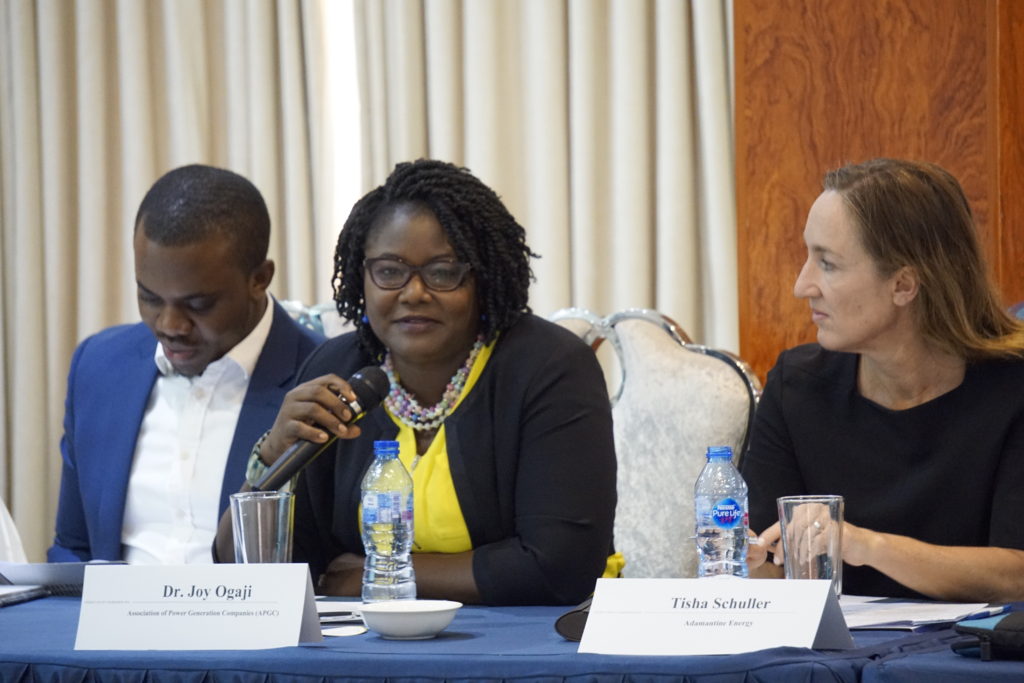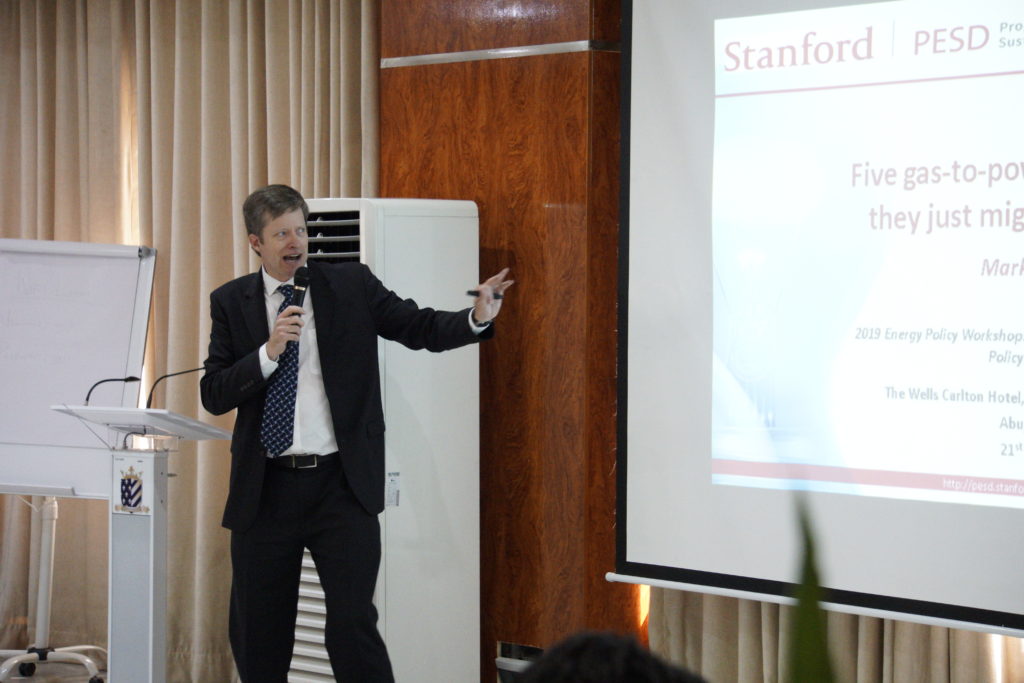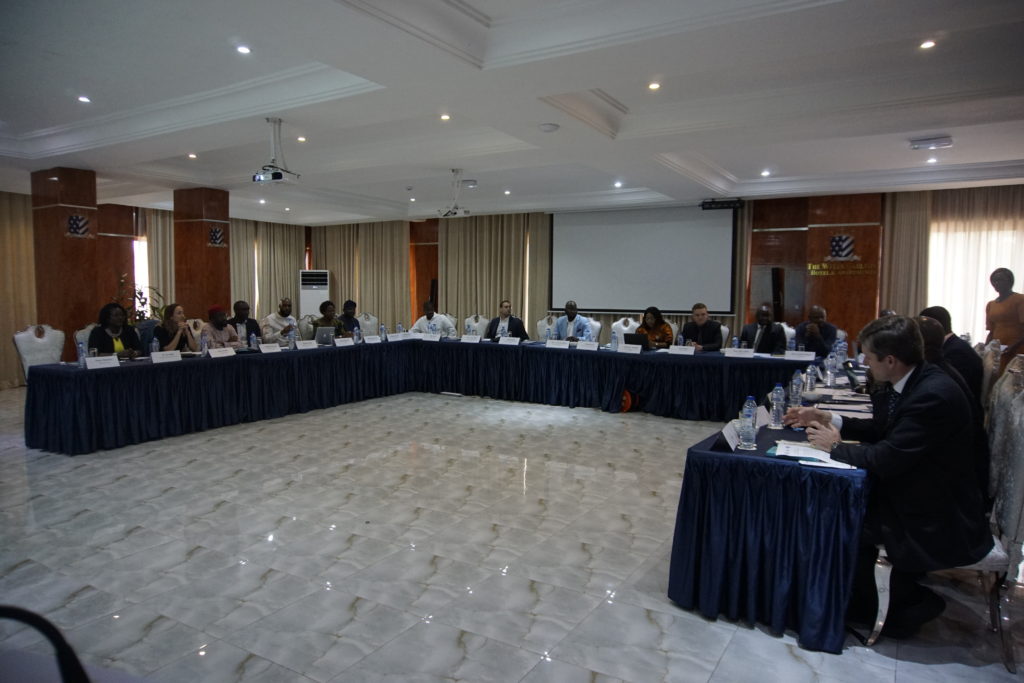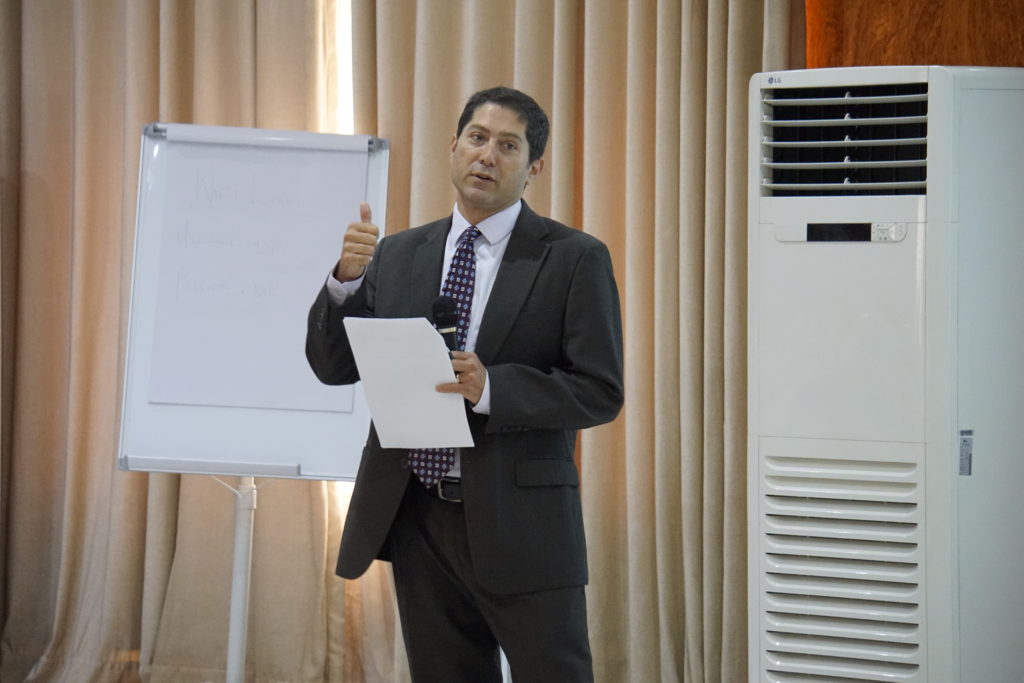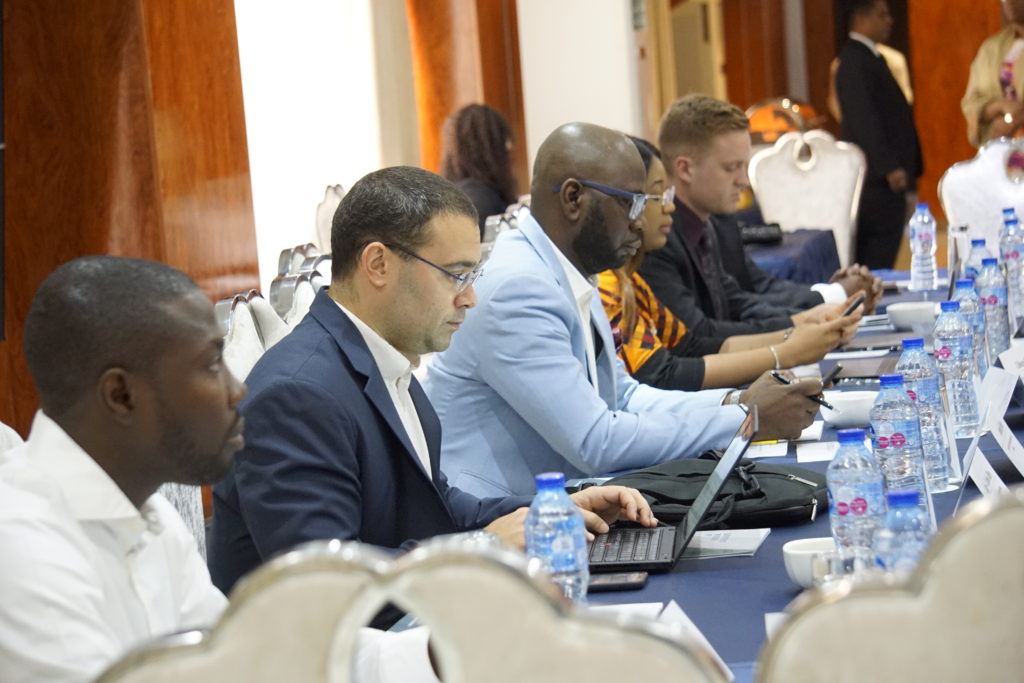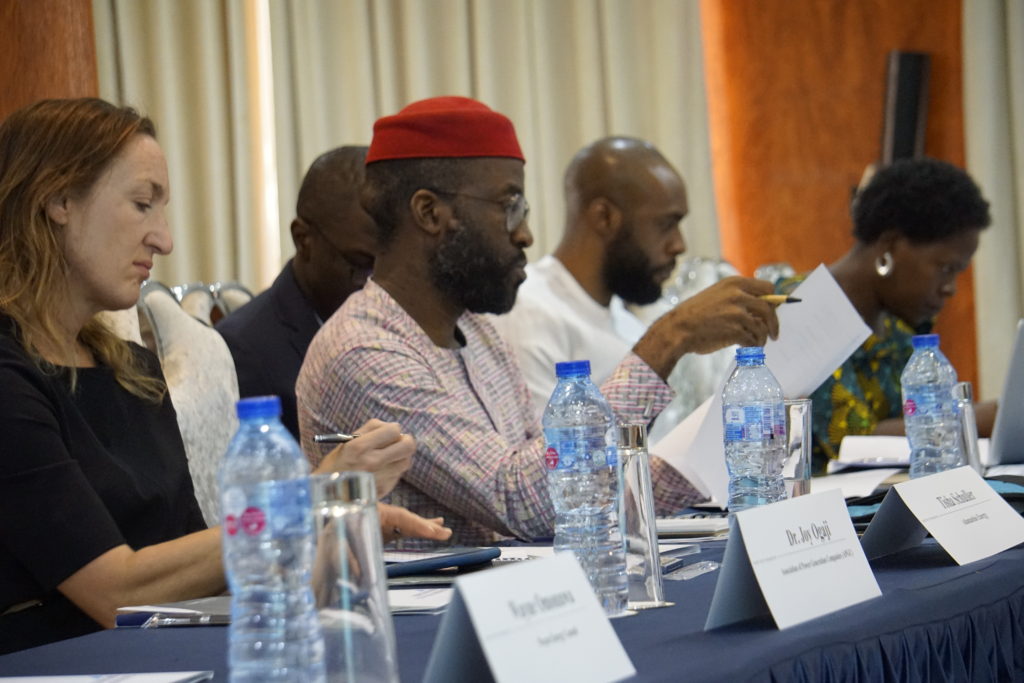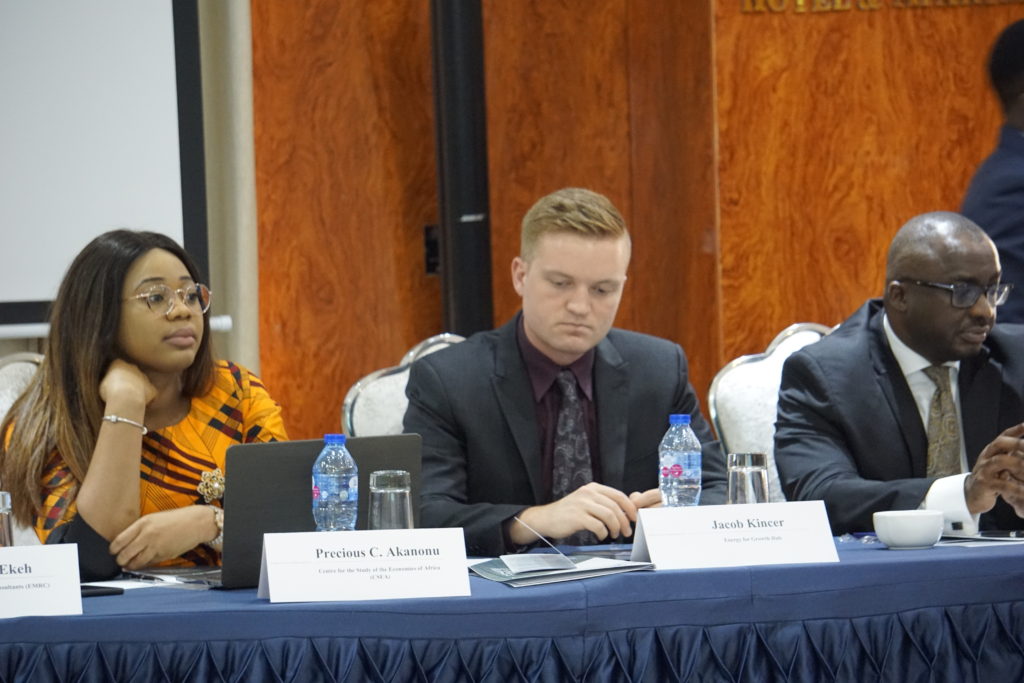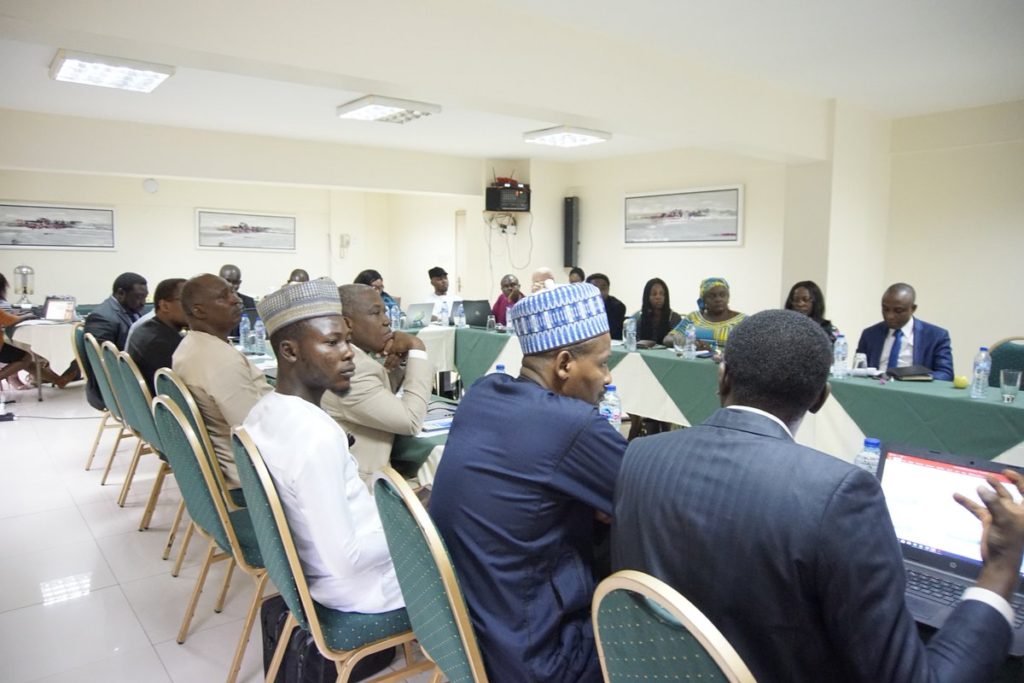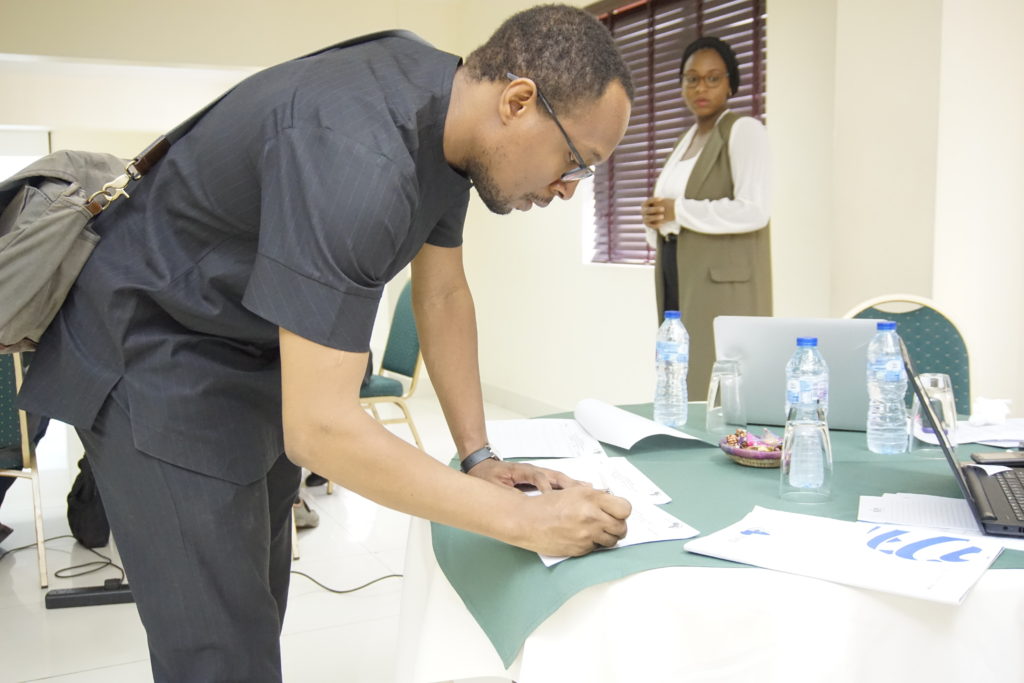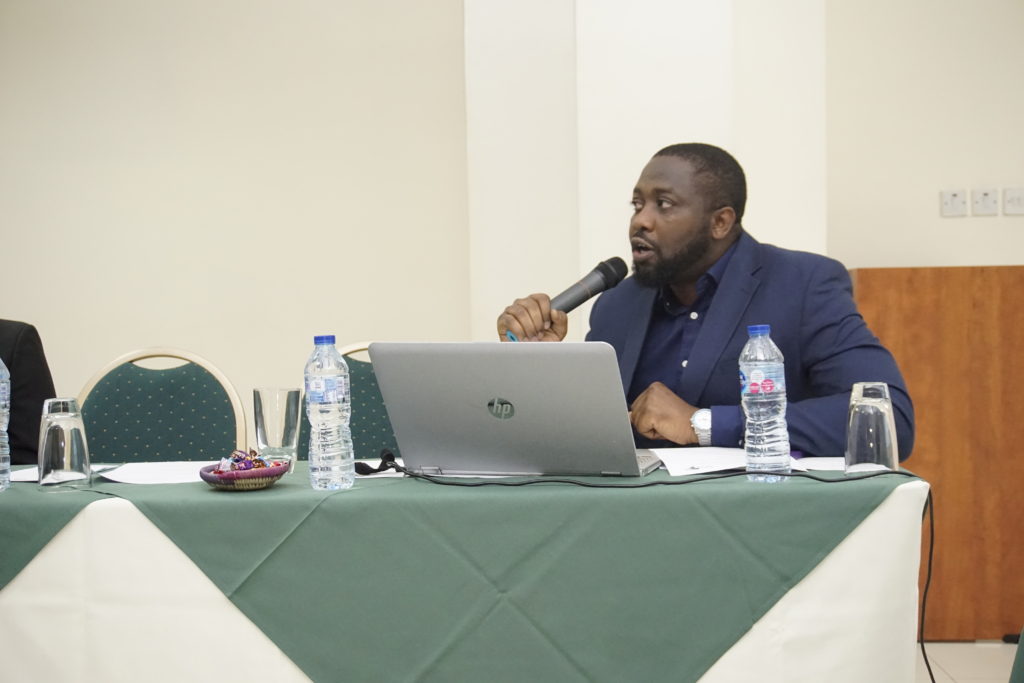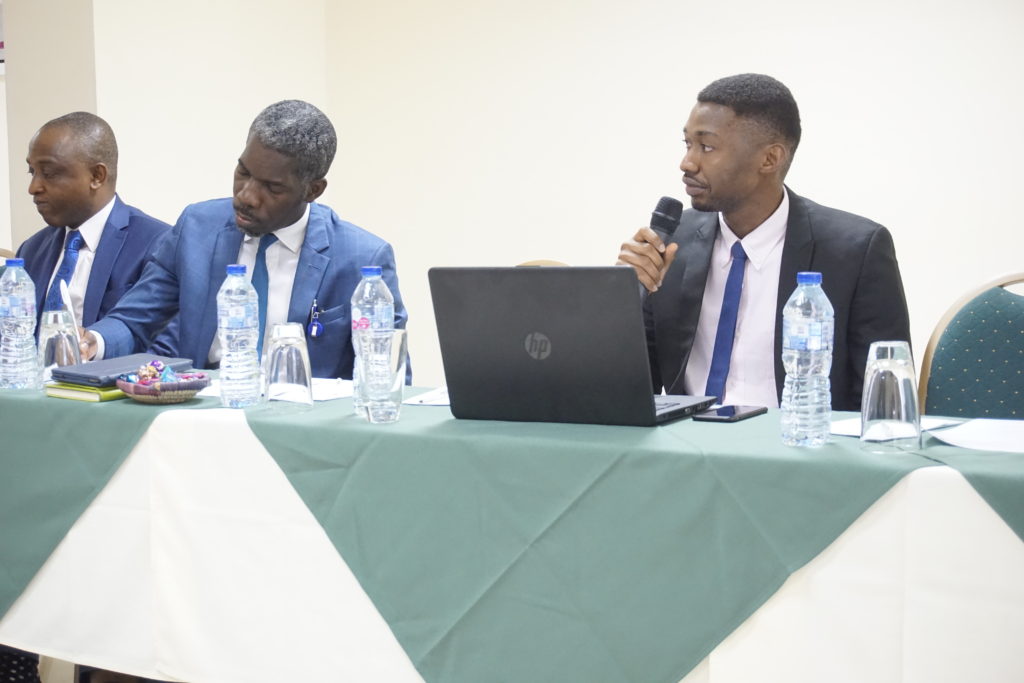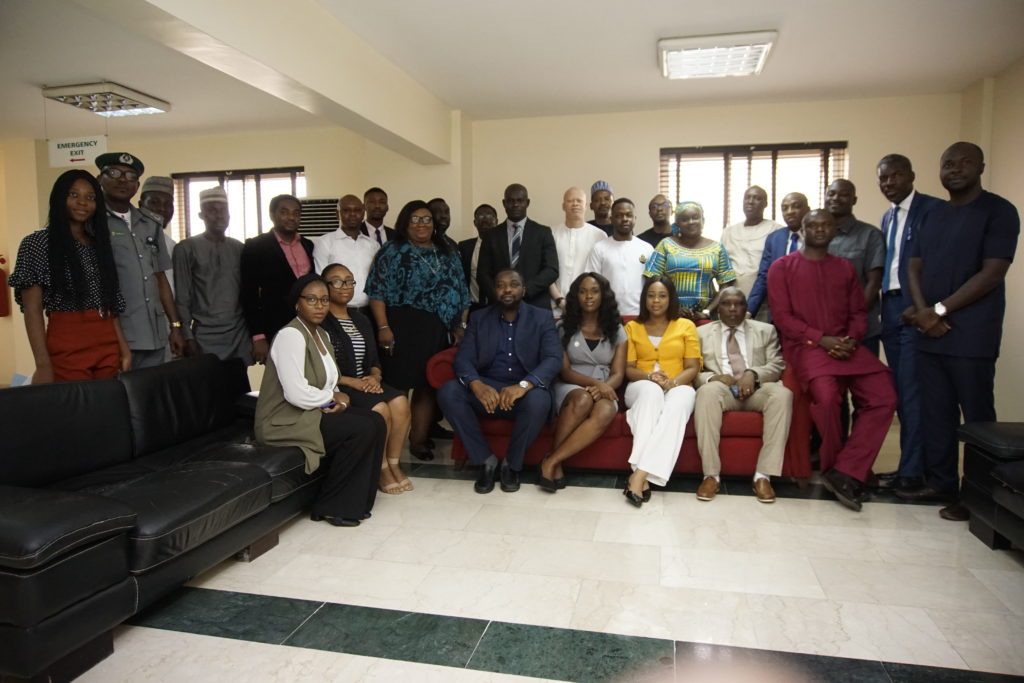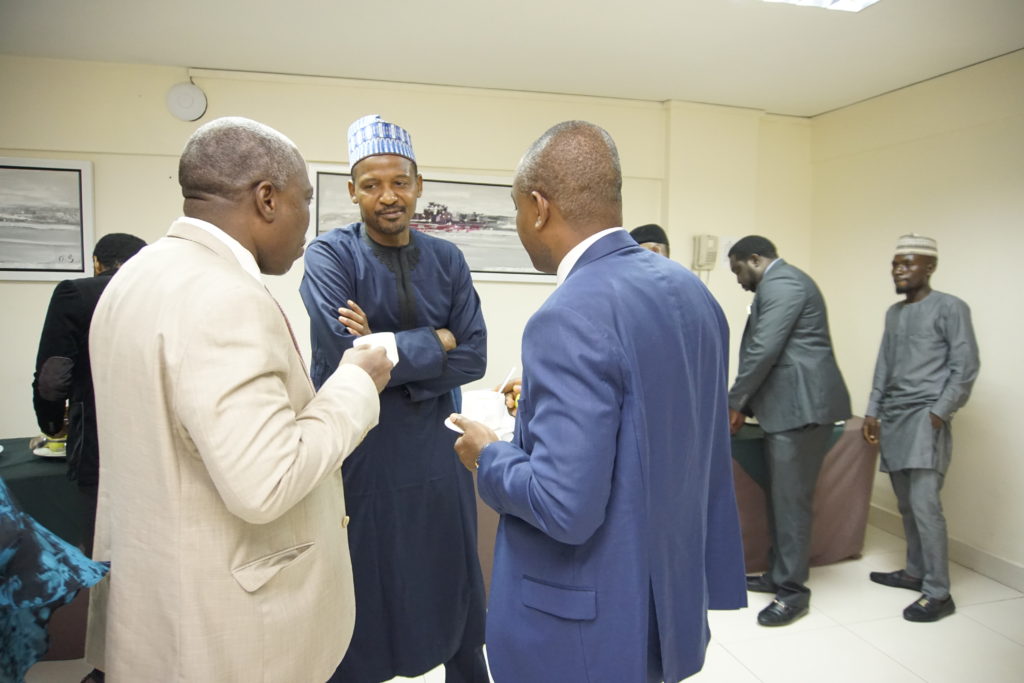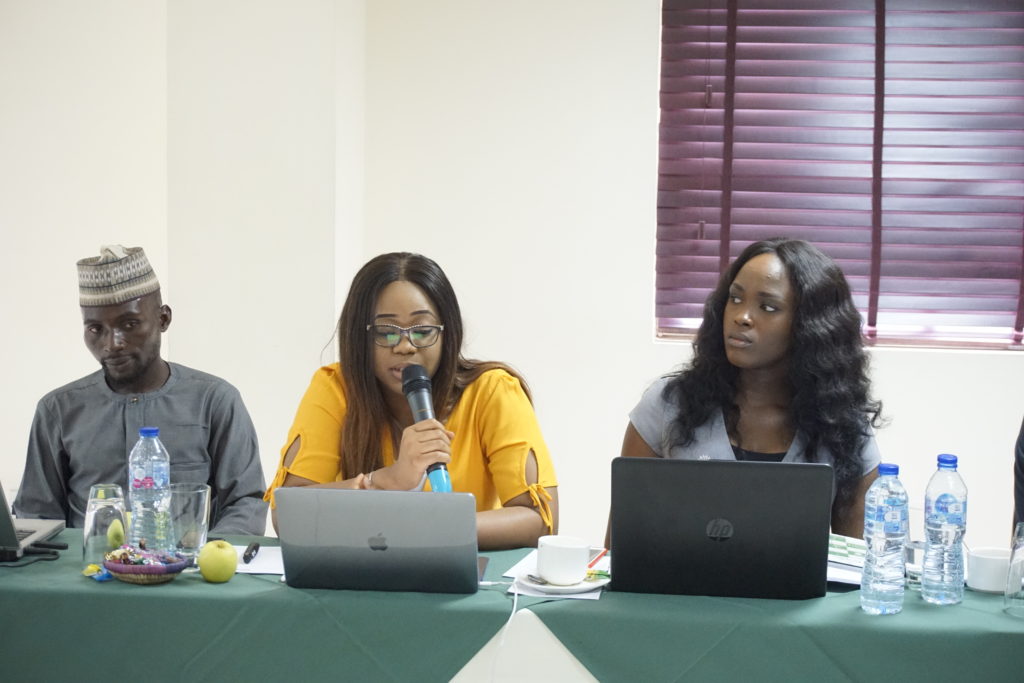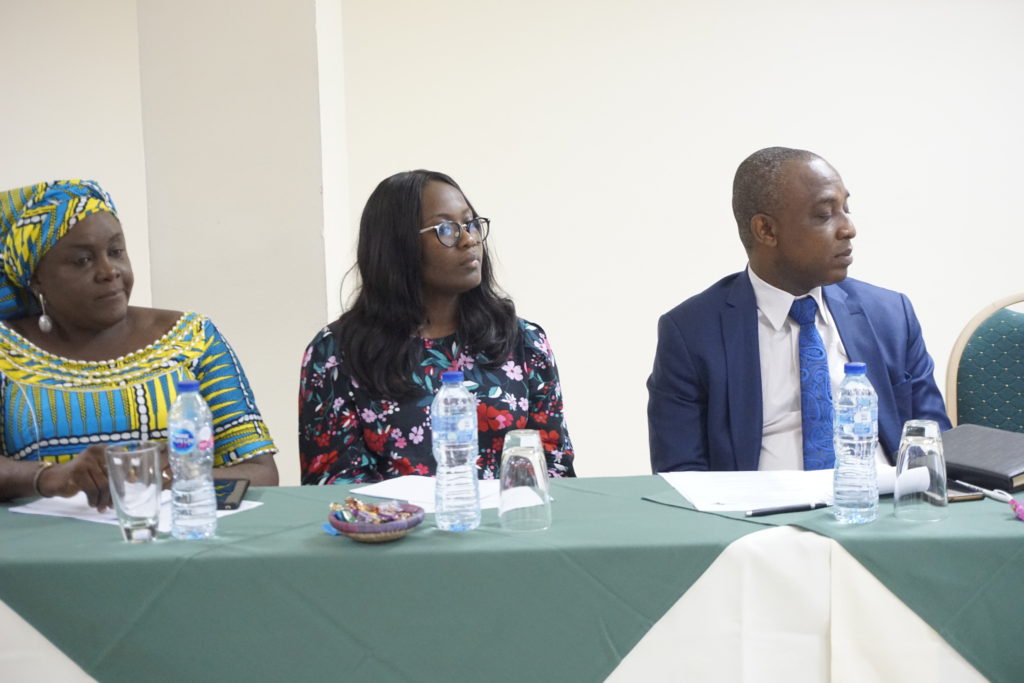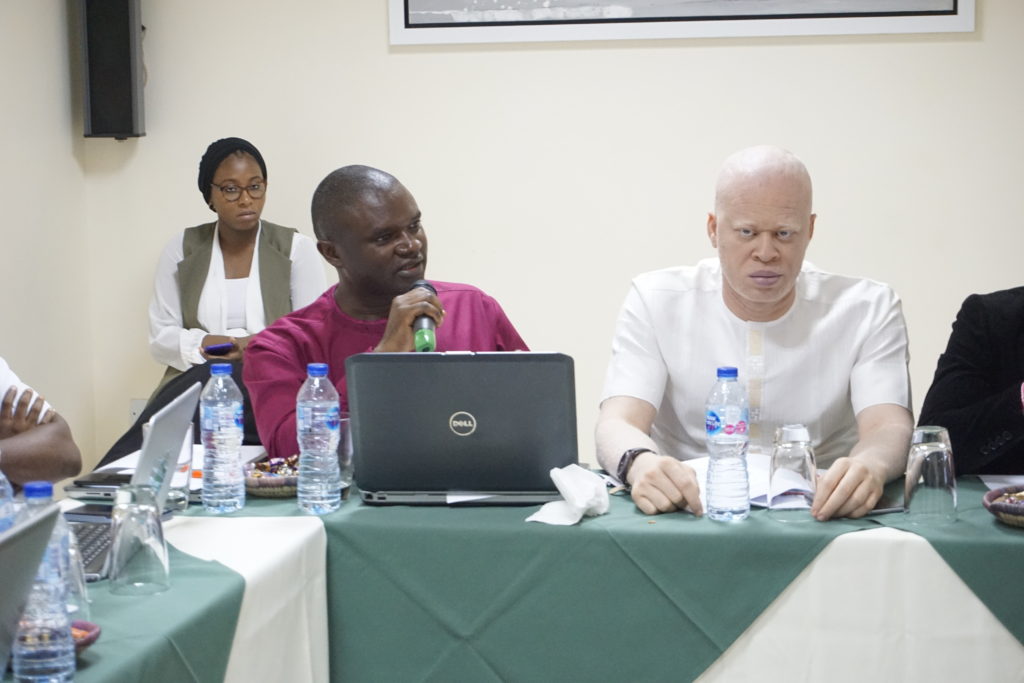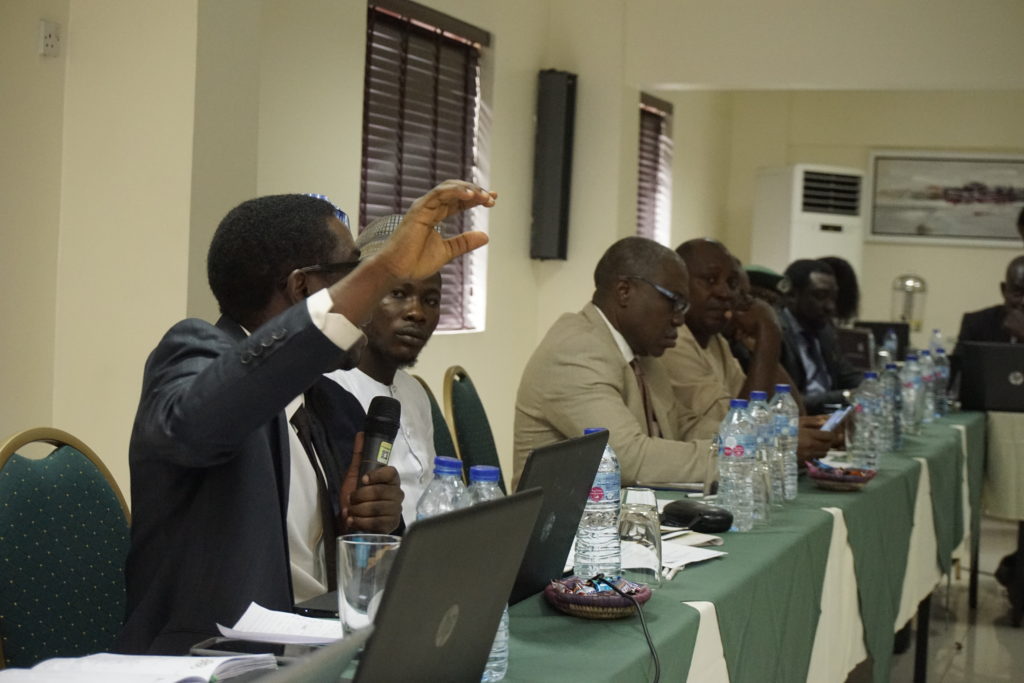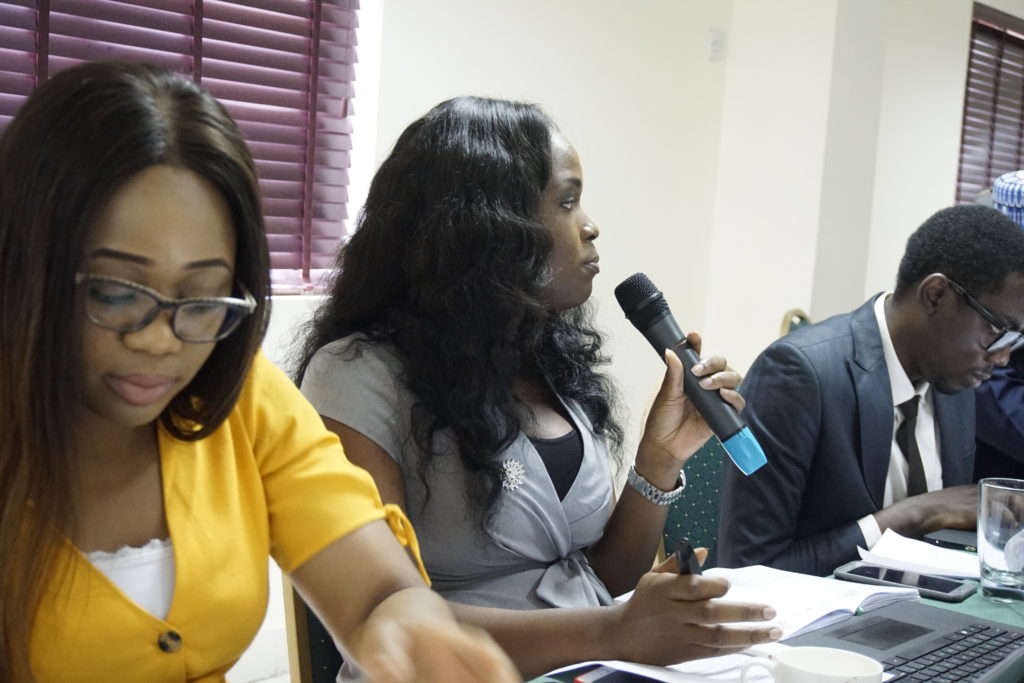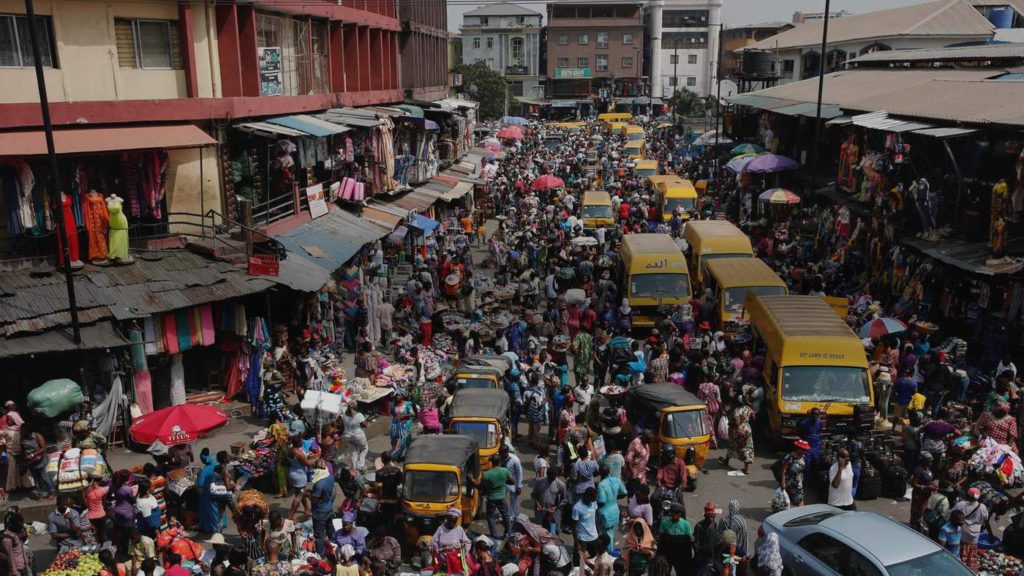Supporting Humanitarian Workers in North-Eastern Nigeria
North-eastern Nigeria, comprising of Borno, Taraba, Adamawa, Yobe, Gombe, and Bauchi states, has become the most uninhabitable region in the country due to series of Boko Haram attacks. Despite counterterrorism strategies of the Government, the Boko Haram insurgency has shown no signs of abating and have widened in its complexity. Additionally, clashes between nomadic Fulani herdsmen and farmers have been on the rise in the region and North-central Nigeria. As a result, millions have been displaced, killed, migrated and living in deplorable conditions. A lot of attention has been placed on Internally Displaced Persons (IDPs) – and rightly so – since they face the brunt of these violent attacks. However, very little attention has been paid to the efforts of and challenges facing humanitarian workers. This piece delves into the challenges humanitarian workers face in conflict-affected parts of Northern Nigeria and provides key recommendations for addressing these challenges.
The Need for Humanitarian Assistance
The insurgency in North Eastern Nigeria has made many areas in the region listed as unsafe and high-risk zones. For instance, Download File">eighty percent of Borno state is listed as high or very high-risk zones. Since the start of the Boko Haram conflict in 2009, over Download File">20,000 people have been killed, over Download File">4,000 have been abducted, and millions have been displaced. The 2018 International Organization of Migration (IOM) report estimates that nearly Download PDF">2 million persons are displaced and 7.7 million Download PDF">Nigerians are in need of humanitarian assistance and services in the region. Humanitarian services alongside relief items aids such as food, medical services, shelter, education, water, and sanitation are most needed in the region. Humanitarian workers operate in the front-line and are charged with the responsibility of saving the lives of IDPs, reducing their suffering, and facilitating the effective distribution of aid materials. In Nigeria, there are only 2, 000 indigenous and 500 international aid Download PDF">workers providing humanitarian services in worst-affected states of Borno, Yobe and Adamawa states.
Challenges Facing Humanitarian Workers
Increasing security risks: It is becoming increasingly dangerous to provide humanitarian assistance in Nigeria given the rise in the death of aid workers. Download File">Recorded deaths have increased from one aid worker (between 1997 and 2008) to thirteen aid workers (between 2009 and 2017). In a single Boko Haram attack in Download PDF">March 2018, three humanitarian workers were killed and three sustained injuries, which led to the evacuation of 40 aid workers and the temporary suspension of humanitarian deliveries in Rann, Borno State, after a raid on a camp housing 55,000 IDPs. There are cases of humanitarian workers being kidnapped for ransom. Due to poor security conditions, amid the lack of well-armed military Download File">personnel, humanitarian workers are often deterred from providing needed assistance in many conflict-affected parts of North East Nigeria. On account of security issues, three Local Government Areas (LGAs) have been identified as completely Download File">inaccessible , while 26 LGAs in Adamawa, Borno and Yobe states are identified as partially accessible.
Insufficient Humanitarian Workers: The number of humanitarian workers in Nigeria is low when compared with the over 7.7 million people in need of humanitarian assistance. Only 2,500 aid workers provide humanitarian services in the most-affected states of Borno, Yobe and Adamawa states. The low supply of humanitarian workers means that available aid workers have an overwhelming workload. However, the reward for humanitarian assistance is not reciprocal to the effort and energy exerted by humanitarian workers who risk their lives in insecure regions of the country. A global survey carried out by the United Nations High Commissioner for Refugees (UNCFR) indicates that Download PDF">72 percent of its aid workers lack reciprocity between effort and potential rewards (effort-reward imbalance).
Inadequate Health Care: Due to the dearth of mental health facilities, humanitarian workers in Nigeria do not receive adequate care for their mental health. Generally, there is a considerable Download PDF">neglect of mental health issues in Nigeria and information about mental health is lacking, with only Download PDF">7 mental health facilities in the country. Yet, Download PDF">evidence suggests that humanitarian workers are at risk of mental health issues given the hazard associated with their line of work. Humanitarian workers relative to the general population are more likely to suffer from anxiety, depression, Post-Traumatic Stress Disorder (PTSD), secondary traumatic stress, burnout, and alcohol misuse. This is due to exposure to traumatic events while administering humanitarian assistance amid contact with victims of conflict as well as an effort-reward imbalance. The exposure of humanitarian workers to traumatic events and neglect of mental issues in the country is a problem facing humanitarian workers in Nigeria.
Way forward
The government needs to do more to establish its presence in conflict-affected regions of North-Eastern Nigerian, in order to provide more support for displaced persons and humanitarian workers in the area. As such, we recommend:
Federal Government: The Federal Government particularly needs to improve its military presence. Download File">Over 50 percent of the security provided in displacement camps in the region are self-organized, signifying a lack of military presence. Humanitarian workers require military protection in the course of rendering assistance to reduce the life-threatening risks. Pending normalcy, the Federal Government should also increase its financial commitment and provide incentives for private funding. The Federal Government of Nigeria should increase humanitarian funding commitment in the region, beyond the Download File">0.8 percent of the needed fund it currently provides. This will help bridge the supply-demand gap in financial aids. The government should hence, increase the humanitarian aid in its budgetary allocation to be better equipped in responding to crisis and other disasters. Amid fiscal constraints, the government can also encourage private sector participation by providing incentives, such as short-term tax deductions, for the private sector to provide humanitarian assistance in affected areas. Also, there is a need to raise public awareness of the needs of displaced persons and the need for more aid workers.
State and Local Governments: States and local government are seen as first responders and immediate providers of assistance due to proximity. In order to reduce causalities, there is a need for state and local governments to respond quickly to crisis situations. To achieve this, local authorities should develop an effective information and communication sharing system between internal security agencies and displacement camps.
Role of Non-Governmental Organizations: The magnitude and duration of the crisis warranted the intervention of international and civil society organizations (CSOs). International Non-Governmental Organizations (INGOs) and local CSOs have provided various forms of humanitarian assistance over the years and are urged to continue to respond to call for emergency assistance in Nigeria. It is important for INGOs to collaborate with local partners in order to provide on-ground and security support as oppose to working in silos. INGOs also need to strengthen their institutional capacity by making preparation and debriefing mandatory for their staff who work in conflict areas. This is due to the exposure to violence and the associated mental risk facing aid workers. After debriefing aid workers should have access to good and affordable mental facilities to rehabilitate. Giving the link between effort-reward imbalance and mental health, INGOs and CSOs should pay humanitarian workers incommensurate with their invaluable assistance, so as to improve job satisfaction and reduce mental risk.
Regional Level: There is a need to promote regional cooperation and better coordination across borders. Governments, NGOs, and CSOs at the regional level should build a network among each other to share information and best practices, so as to learn from each other’s experiences and assist one another in capacity building. Regional institutions like AfDB, AU, ECOWAS can use their platforms to stress the importance of and challenges facing humanitarian workers.


 English
English
 Arab
Arab
 Deutsch
Deutsch
 Português
Português
 China
China
